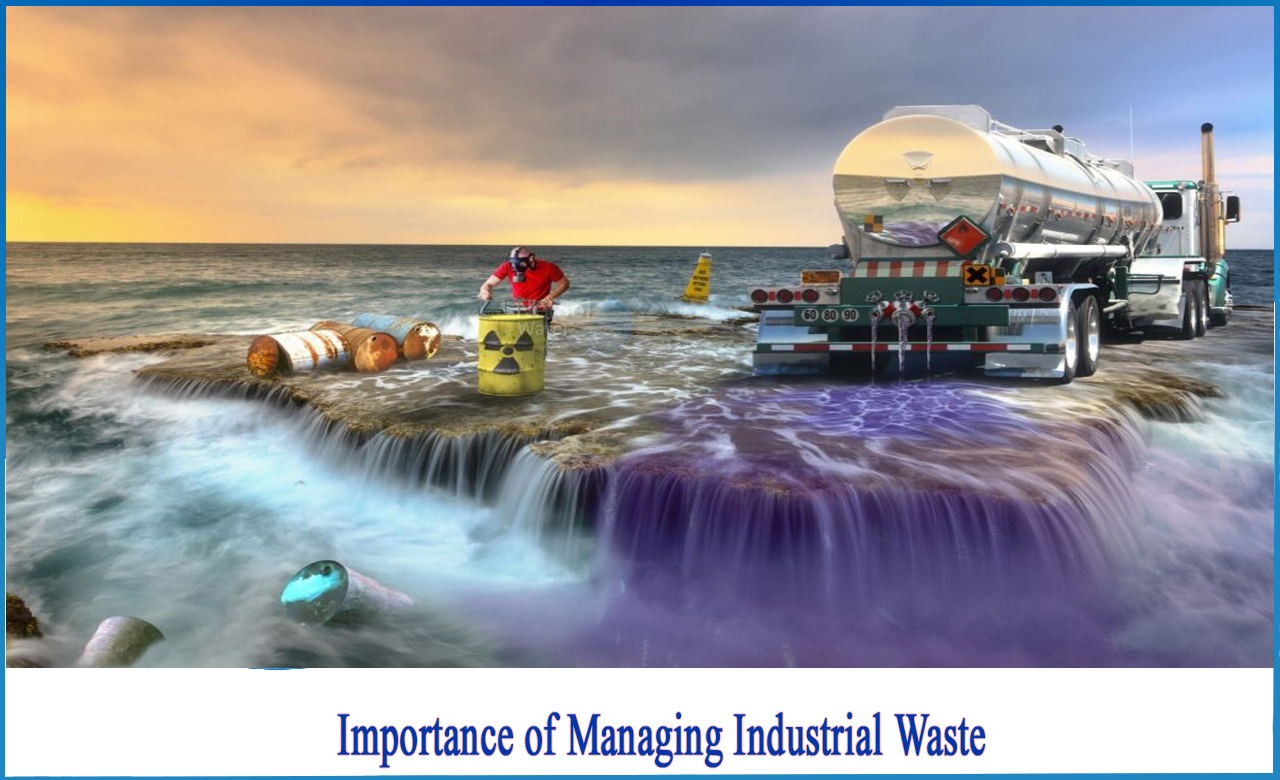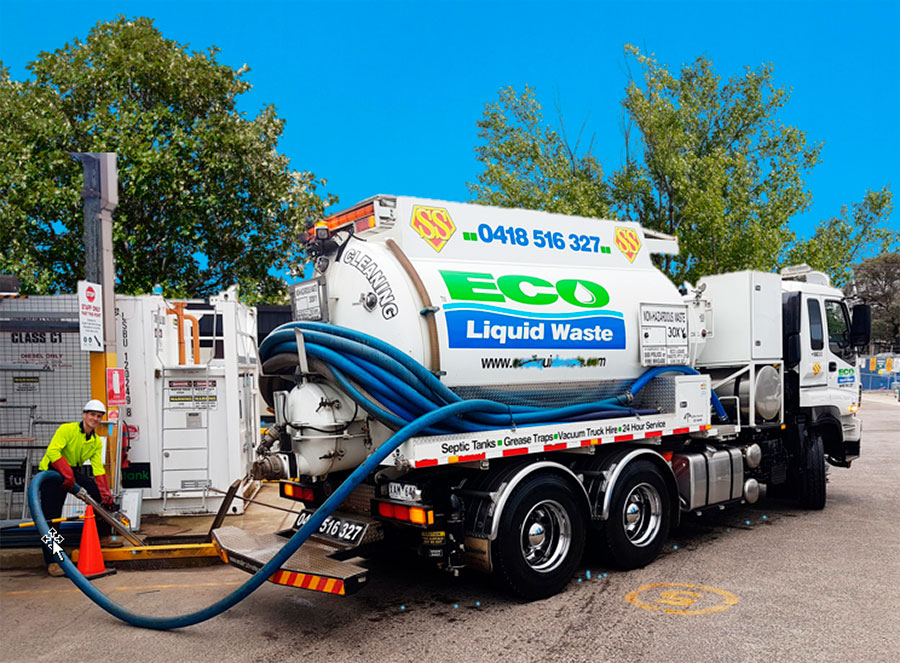Indicators on Reclaim Waste You Should Know
Not known Facts About Reclaim Waste
Table of ContentsReclaim Waste for BeginnersSome Ideas on Reclaim Waste You Should KnowThe Definitive Guide for Reclaim WasteHow Reclaim Waste can Save You Time, Stress, and Money.The Only Guide to Reclaim Waste
Discover the types, incidents, and forms of liquid waste. Domestic sewage waste refers to the waste and items from a property septic system. This sort of waste is created by people in houses, schools, and various other structures. This only includes septic tanks that have a drain field. The proper monitoring and disposal of residential sewer waste need fluid waste to be moved to a sewer therapy plant where the proper techniques and devices are applied to purify and throw away waste.
Commercial waste commonly consists of possible risks, such as combustible products or a blend of liquid and strong waste products, and calls for a much more innovative and detailed disposal process. The disposal of business waste normally includes the filtering of waste prior to transport to make sure secure and appropriate disposal. Hazardous waste is created from by-products and drainage of industrial procedures and manufacturing.
This kind of waste can not utilize the very same sewage management transport or procedures as septic or business liquids. The hazardous waste monitoring process needs the assessment and screening of fluid waste prior to it undergoes the disposal procedure (liquid waste removal melbourne). Overflow waste is the liquid waste that originates from overflow and excess stormwater in very booming areas or cities
Runoff waste can cause contamination and flooding if not dealt with correctly. Learn much more regarding drain cleaning and waste management. Making sure appropriate waste management can prevent disasters and reduce environmental injury. Both people in property settings and professionals in industrial or manufacturing markets can take advantage of recognizing the processes and policies of liquid waste monitoring.
The Greatest Guide To Reclaim Waste
Get in touch with PROS Solutions today to find out about our waste management and disposal solutions and the proper means to look after the liquid waste you generate.
(https://www.easel.ly/browserEasel/14532007)This supposed 'wastewater' is not only a vital source however, after therapy, will be released to our land, rivers or the sea. Utilized water from bathrooms, showers, baths, cooking area sinks, washings and industrial procedures is known as wastewater.

water utilized to cool equipment or tidy plant and tools). Stormwater, a kind of wastewater, is drainage that moves from farming and metropolitan areas such as roofings, parks, gardens, roads, courses and gutters into stormwater drains, after rain. Stormwater flows unattended straight to regional creeks or rivers, eventually getting to the sea.
Unknown Facts About Reclaim Waste
In Queensland, the majority of wastewater is treated at sewer therapy plants. Wastewater is transferred from residential or commercial sites through a system of sewers and pump stations, understood as sewerage reticulation, to a sewage therapy plant. City governments construct, keep and run most sewer treatment plants. Operators are licensed under the Environmental Protection Act 1994 to release treated wastewater at an acceptable ecological criterion into rivers.
The Division of Natural Resources encourages neighborhood governments about handling, operating and maintaining sewerage systems and treatment plants. In unsewered locations, local federal governments might need householders to install specific or household sewer therapy systems to deal with residential wastewater from bathrooms, cooking areas, bathrooms and laundries. The Division of Natural Resources authorizes making use of home systems when they are verified to be effective.
In some brand-new neighborhoods, therapy of some stormwater to remove trash, sand and crushed rock has started utilizing gross toxin traps. Wastewater treatment takes place in 4 stages: Eliminates strong matter.
Uses little living organisms knows as micro-organisms to break down and eliminate staying liquified wastes and great particles. Micro-organisms and wastes are included in the sludge.
The smart Trick of Reclaim Waste That Nobody is Talking About
Nutrient removal is not readily available at all sewer treatment plants due to the fact that it requires pricey specialised tools. It is becoming extra usual in Queensland. Clear fluid effluent created after treatment may still consist of disease-causing micro-organisms. If this effluent is released into rivers such as rivers or the sea, the micro-organisms will eventually pass away out.

The majority of wastewater moves right into the sewage system. Under the Act, local governments administer authorizations and permits for eco relevant tasks (Periods) including wastewater launches that could have a local effect.
The smart Trick of Reclaim Waste That Nobody is Talking About
Monitoring gives valid information about water high quality and can confirm that permit conditions are being satisfied. The details gotten with surveillance provides the basis for special info making water quality choices.